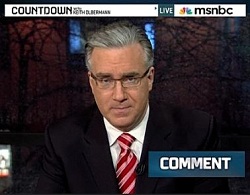Banker Occupation of Greece

Economist Michael Hudson calls it "Replacing Economic Democracy with Financial Oligarchy" in a June 5 article by that title, saying:
After being debt entrapped, or perhaps acquiescing to entrapment, the Papandreou government needs bailout help to pay bankers that entrapped them. Doing so, however, requires "initiat(ing) a class war by raising its taxes (harming working households most), lowering its standard of living - and even private-sector pensions - and sell off public land, tourist sites, islands, ports, water and sewer facilities" - in fact, all the country's crown jewels, lock, stock and barrel, strip-mining it of everything of worth at fire sale prices.
Why? Because the US-dominated IMF, EU and European Central Bank (ECB), the so-called "Troika," demand it as the price for bailout help that wouldn't be needed if Greece wasn't trapped in the euro straightjacket. Membership means foregoing the right to devalue its currency to make exports more competitive, maintain sovereignty over its money to monetize its debt freely, and be able to legislate fiscal policies to stimulate growth.
Instead they're entrapped by foreign banker diktats demanding tribute. They call it a "rescue." In May 2010, the Papandreou government agreed to earlier austerity in return for loans. Now they're at it again, demanding more or they'll collapse the entire economy, or so they say. And the same scheme is replicated in Ireland and Portugal. Moreover, it's heading for Spain, and potentially most of Europe and America as representative governments head closer to "financial oligarchy."
In other words, it amounts to financial coup d'état authority over sovereign governments unless popular anger prevents it, involving more than street protests or short-term strikes accomplishing nothing.

































